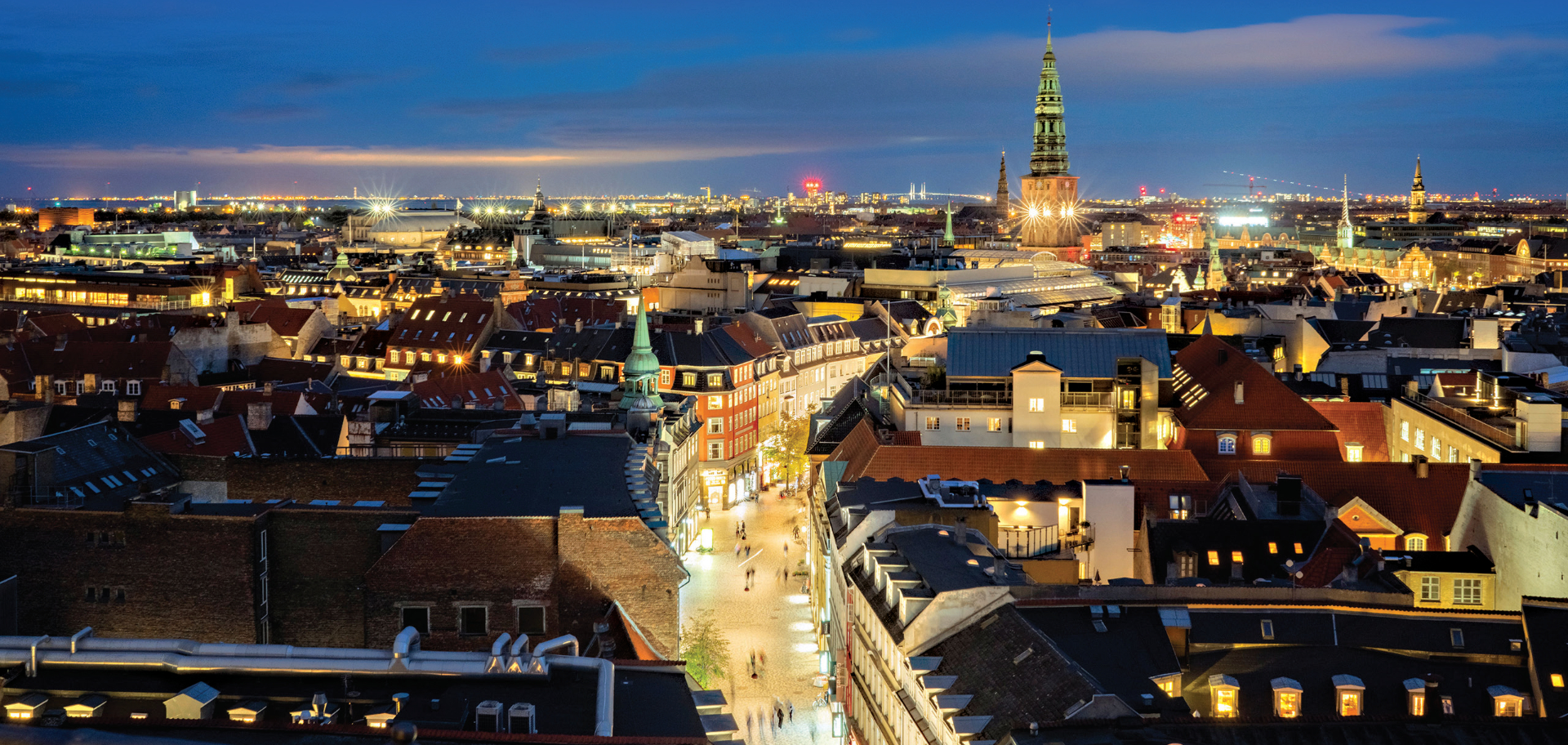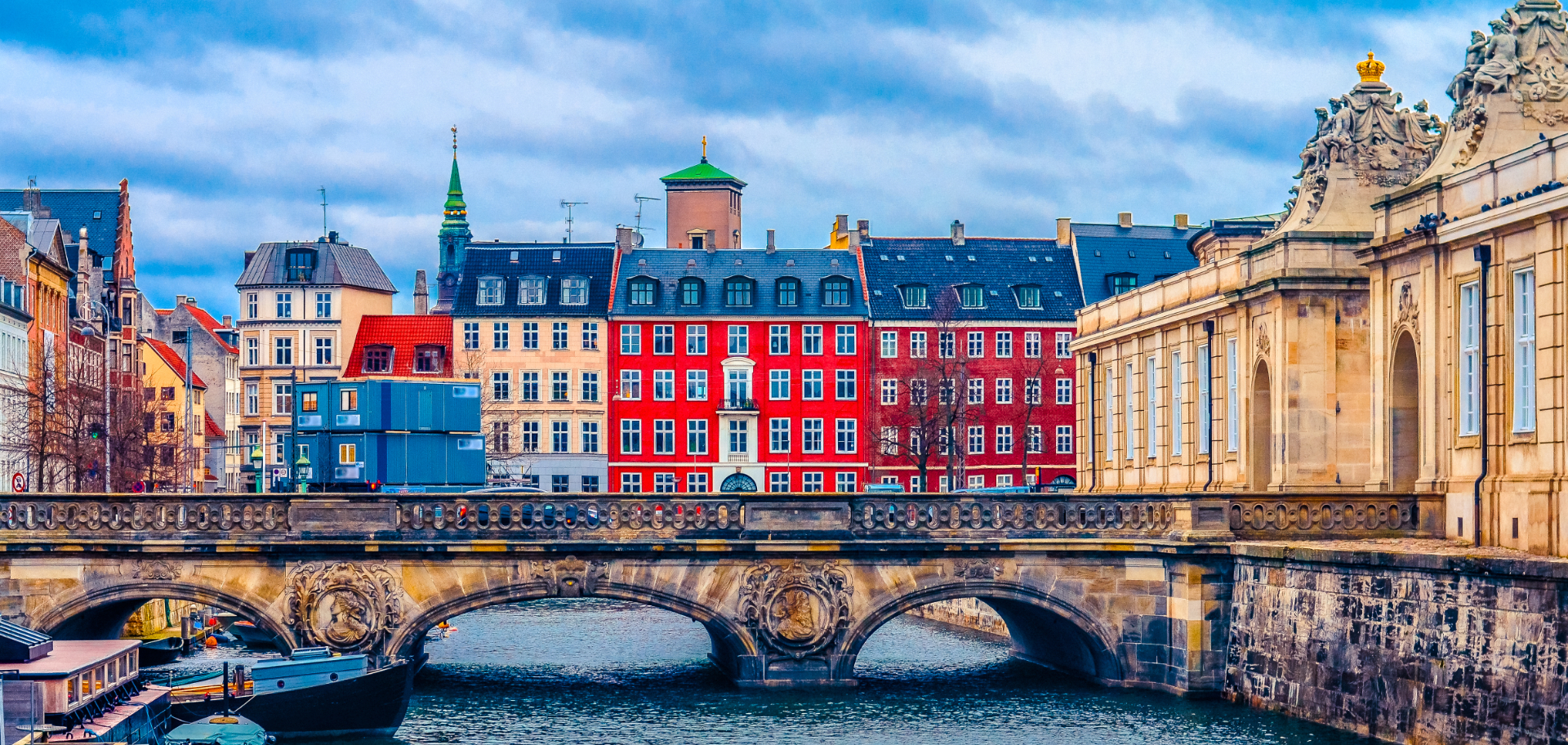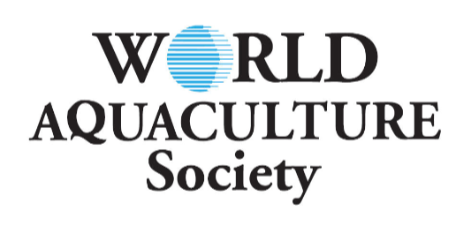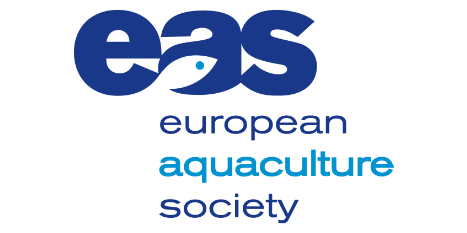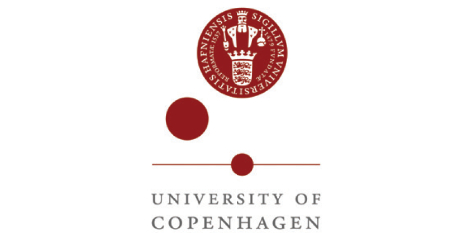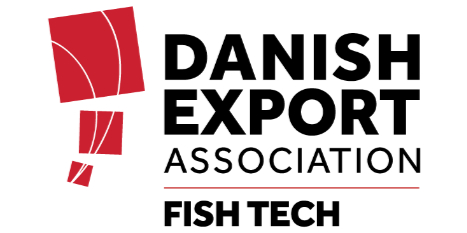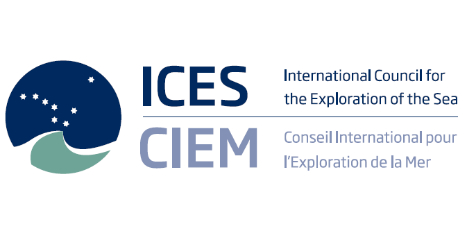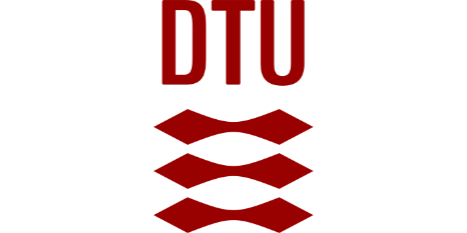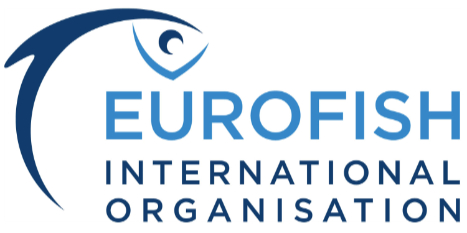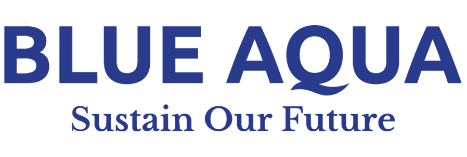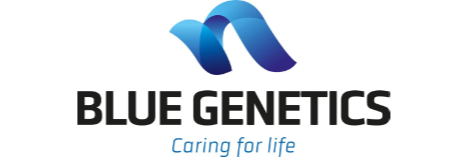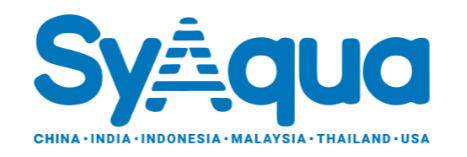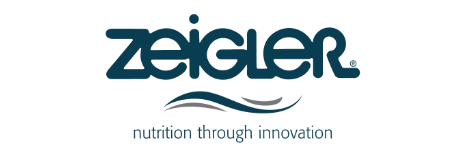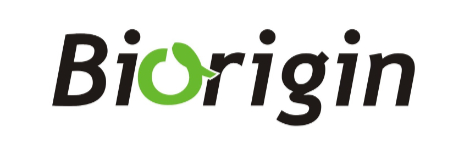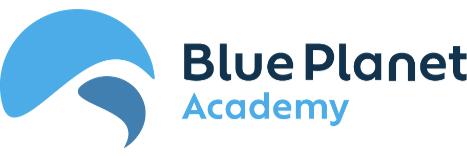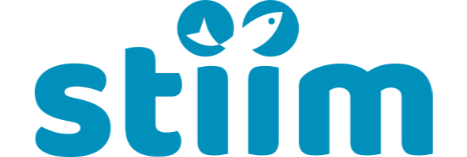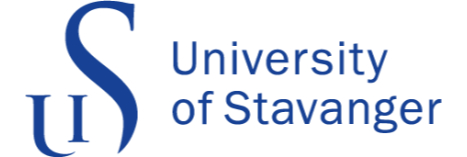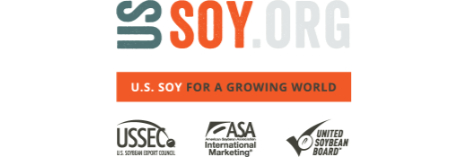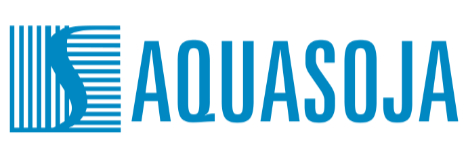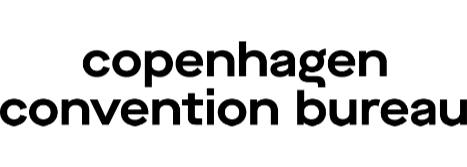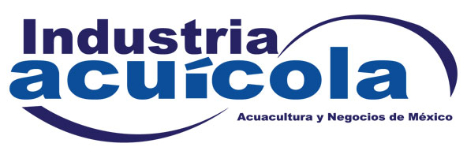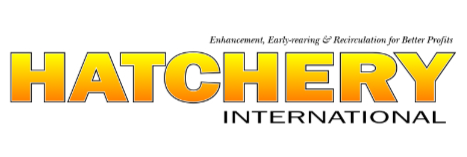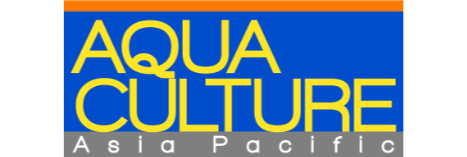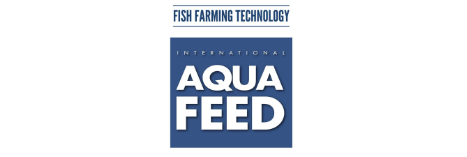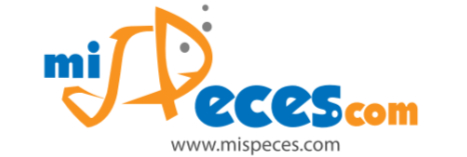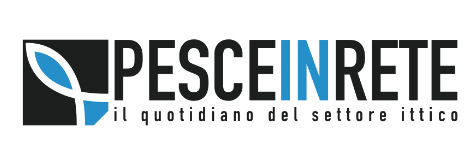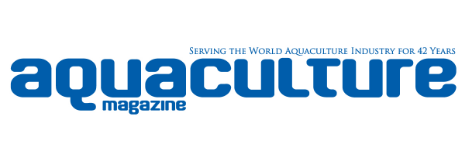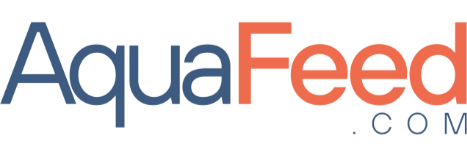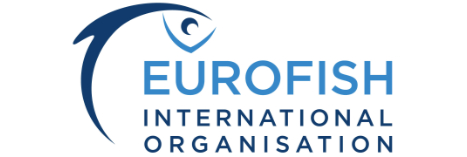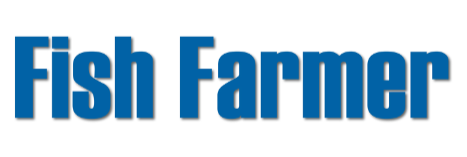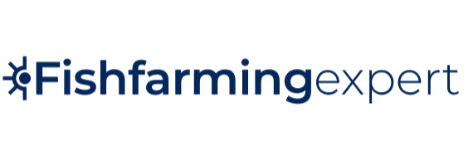AQUA 2024
Aquatic food is a major component of our food future, and Blue Food from all species in marine and freshwater production, is rightly in the spotlight for its potential to provide healthy, tasty and highly nutritious food for the planet.
Food systems transfomation is a crucial requirement to mitigate climate impacts and offer enhanced food safety and security to billions. Aquaculture has demonstrated its resilience to change and is increasingly recognised for its environmental responsibility, reduced footprint and high efficiency in protein transformation and provision.
As our knowledge increases, so does our potential ability to offer Green Solutions throughout the
aquaculture (and seafood) value chain. These solutions need not only to be financially feasible, they must
also be based on the intelligent and sustainable utilisation of resources to maintain a measurable and
limited footprint.
Blue Food production must grow. Green Solutions will help it to do so.
AQUA 2024 will take place from August 26-30 in the Danish capital of Copenhagen. It will comprise a scientific conference, trade exhibition, industry forums, workshops, student events and receptions. The
event will highlight the latest aquaculture research and innovation to underpin continued growth of this
exciting food production sector.
It will be a showcase for Denmark, and its innovation leadership in several key technologies crucial for future aquaculture, but also a meeting and exchange platform for experts from around the world.
The AQUA events are co-organised by the European Aquaculture Society (EAS) and the World Aquaculture Society (WAS) and are held every six years. Past events were held in Nice (2000), Florence (2006), Prague (2012) and Montpellier (2018).
26 - 30
August 2024 Copenhagen, Denmark
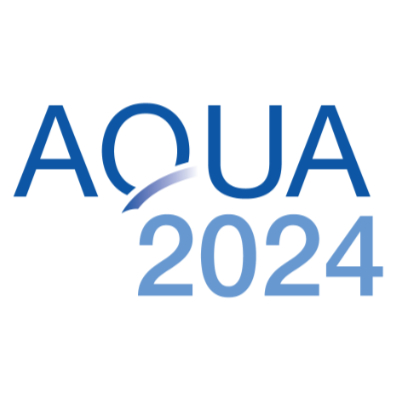
Blue Food, Green Solutions
Read the feature article on the status and challenges of the Danish aquaculture sector in the EAS Aquaculture Europe magazine. Article HERE
Plenary Speakers
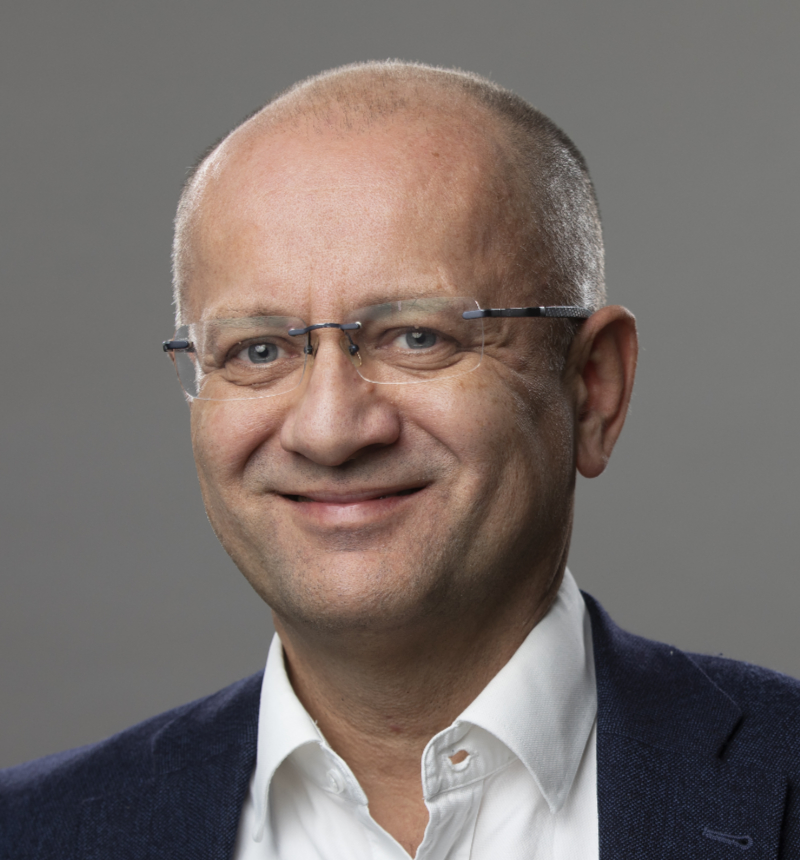
Dag Sletmo
Senior Vice President DNB
Dag Sletmo
Senior Vice President DNB
Analysing the Future.
FAO says we need to increase sustainable aquaculture production by at least 75% by 2040 if we are going to limit global warming to 1.5C. Dag will share his top-down financial perspective on what it will take to grow aquaculture production significantly. The demand drivers are in place, the challenge is increasing supply and at the same time reduce the environmental footprint. That will require new technology, better farming practises, and better regulations. As an industry depending very much on government regulations, it also needs a strong social license in order to achieve these goals. And where will the money to finance this come from? DNB Bank’s aquaculture activities is very focused on salmon, but Dag will also address aquaculture more generally.
Dag Sletmo is a Senior Vice President in the seafood division in DNB. DNB is the leading bank in Norway and the largest bank globally in salmon farming with clients in Norway, Faroe Islands, Iceland, Scotland, Canada, Chile and Australia.
Prior to joining DNB, Dag worked in Cermaq, the global salmon farmer, and ABG Sundal Collier, a Nordic investment bank.
He holds an MBA from Columbia Business School in New York and has studied economics and philosophy at NHH and UiB in Bergen.
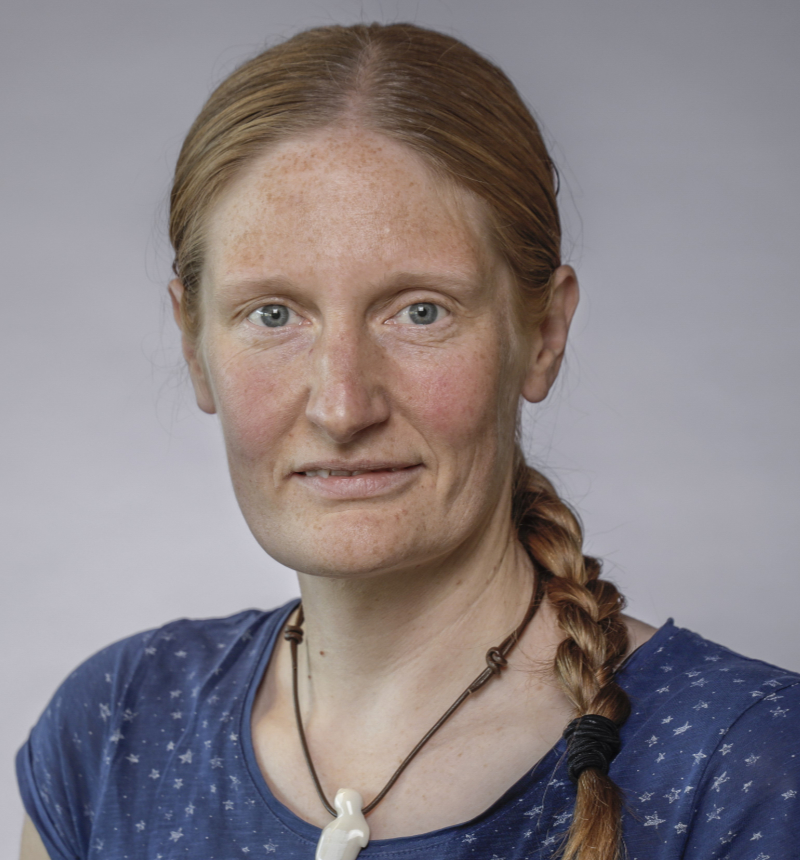
Signe Riemer-Sørensen
SINTEF Norway
Signe Riemer-Sørensen
SINTEF Norway
AI with Knowledge.
Large language models have democratized AI. Co-pilots and chat-bots are changing most office jobs, but despite their impact, they will not revolutionize aquaculture. For that we need completely different types of AI. Through examples from aquaculture and beyond, Signe will explain the challenges, provide intuitive insights into AI, and introduce the latest developments on industrial AI and their potential in aquaculture.
Signe Riemer-Sørensen is Senior Researcher and Research Manager for Analytics and AI in SINTEF. Her research evolves around overcoming challenges for implementing machine learning and artificial intelligence in a broad range of industrial settings where physics plays a role and data is often sparse and noisy. The solutions integrate domain knowledge into the AI, in so-called hybrid AI, fostering robust, explainable and trustworthy models.
AQUA 2024 Schedule
Official Sponsors
Gold Sponsors
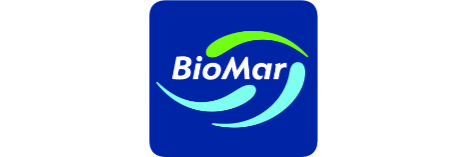
BioMar is one of the world’s largest manufacturers of high-performance, sustainable feed for the global aquaculture farming industry. Worldwide, we supply feed to around 90 countries and for more than 45 different species from our 17 feed production facilities across the globe. Through cutting edge knowledge and long-lasting partnerships with our stakeholders, we strive to develop and deliver truly efficient, sustainable, and healthy feed solutions.
